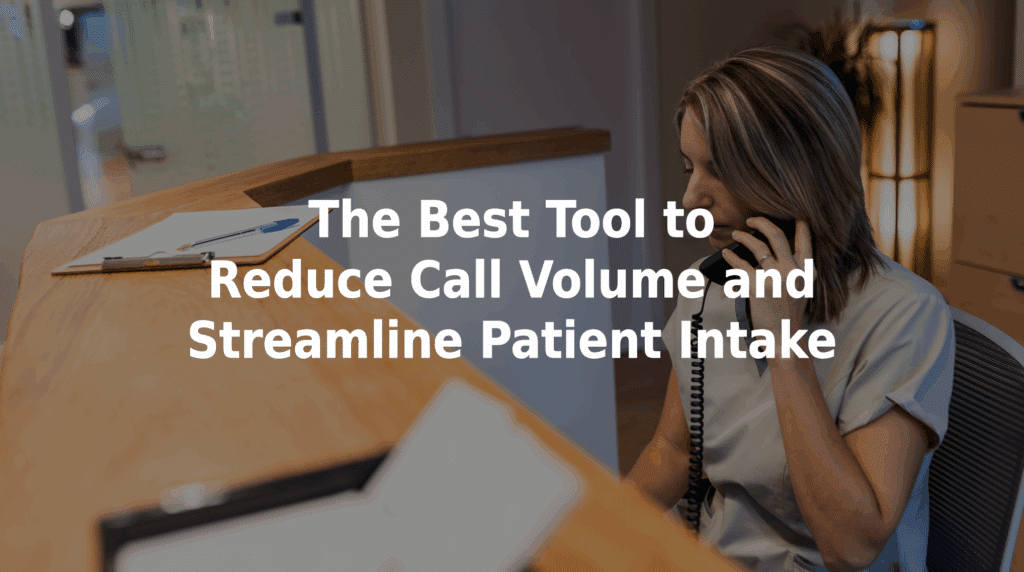The Best Tool to Reduce Call Volume and Streamline Patient Intake
Why Reducing Call Volume Is Key to Better Patient Care
In busy healthcare environments, constantly ringing phones can overwhelm staff and slow down service. Below, we explore why the best tool to reduce call volume and streamline patient intake is one that can improve message accuracy, clinical efficiency, and patient satisfaction.
1. Lower Call Volume Without Sacrificing Service
High call volume often means patients wait longer to be helped, and staff are rushed to handle each interaction. By offering alternative, secure ways for patients to share their health concerns — such as guided digital intake — practices can handle more requests in less time while keeping service levels high.
2. Streamlined Intake Improves Staff Productivity
When patient information is collected automatically and organized before it reaches a care team, staff no longer need to spend time on repetitive questions or manual note-taking. This allows them to focus on in-person needs and more complex patient cases.
3. Structured Data Enhances Clinical Decision-Making
The best intake tool will guide patients through clinically designed questions that address all of their relevant symptoms. This reduces the need for follow-up calls to clarify those symptoms, minimizes errors with message priority, and gives providers a holistic view of each patient’s health for better decision-making.
4. Improved Patient Satisfaction
Patients appreciate when they aren’t left on hold or have to repeat their symptoms to multiple staff members. A convenient, secure intake process can allow them to avoid these concerns and submit their symptoms directly to their providers. The results: improved patient experiences, and a greater likelihood for them to recommend your practice.
5. Built-In Compliance and Security
Any solution that is used to reduce call volume must still meet strict privacy standards. HIPAA-compliant tools protect patient information while ensuring that sensitive medical details reach the right clinical team.
For further insights on healthcare communication efficiency, see the American Medical Association’s guidance on patient engagement tools.



